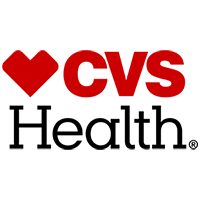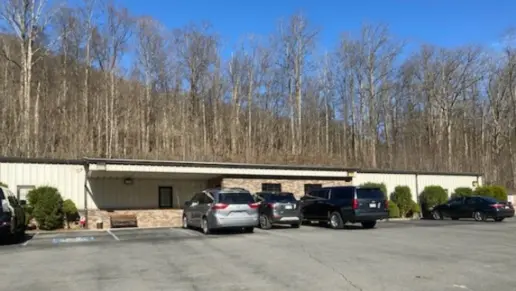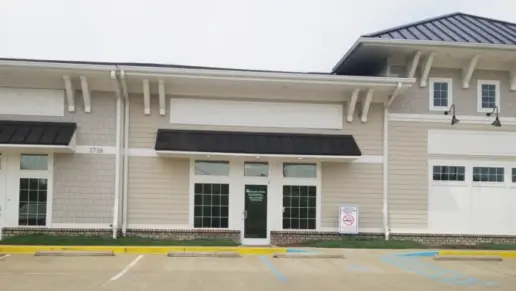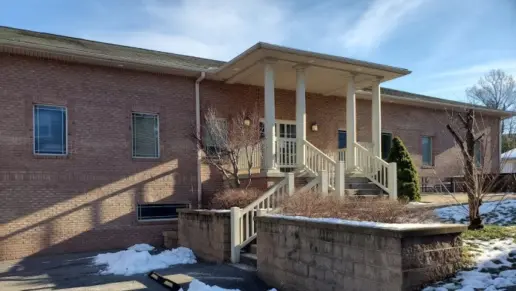I think that to be an organization they have very little staff and they do not help at all
About Huntington Comprehensive Treatment Center
Huntington Comprehensive Treatment Center provides individualized outpatient treatment for men and women over 18 affected by opioid use disorder in Huntington, West Virginia. The facility offers a safe, supportive and welcoming environment where you can establish a strong foundation for opioid addiction recovery. I especially like that they offer same day admission, 24/7 appointment scheduling and take home dosing. Their services are affordable, and they have multiple funding options which make paying for services easy. These options encompass Medicaid, Medicare, Veteran Affairs and various commercial insurance plans. Self pay options are also available for the uninsured.
Their compassionate and knowledgeable clinical team is committed to reconnecting you to the best version of yourself. They specialize in medication assisted treatment. This clinically proven technique is the gold standard in addressing addiction to opioids, alcohol and stimulants. It combines FDA approved meds with counseling and therapeutic interventions to support recovery. The Comprehensive Treatment Center offers choices of medicines for this purpose. It all depends on your unique condition and individualized treatment plan. Available options include methadone, Suboxone, buprenorphine and Vivitrol. These meds curb cravings and minimize withdrawal symptoms. This makes you more responsive to counseling and therapeutic intervention.
The facility offers both individual and group therapy geared toward addressing the social, behavioral and emotional issues fueling your opioid use. You’ll have opportunities to process your feelings, learn about opioid addiction and potential recovery pathways as well as life skills that support sober living. These include effective communication, relationship building, conflict resolution and problem solving. You’ll benefit from the support of peers with similar experiences who can offer encouragement and help keep you accountable as you navigate your recovery journey. Emphasis is on developing robust coping skills, preventing relapse and staying sober. Comments from past clients indicate overall positive experiences.
Rehab Score
Gallery
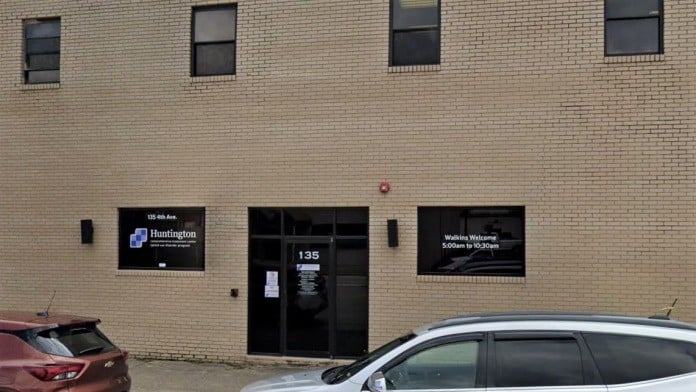
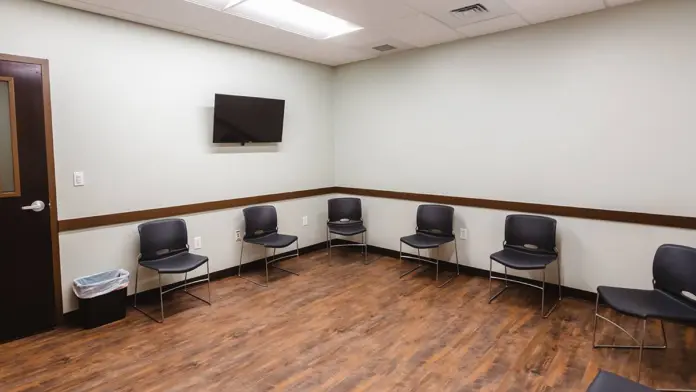
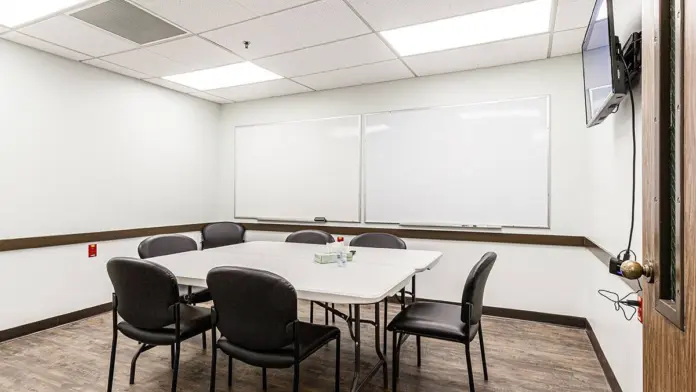
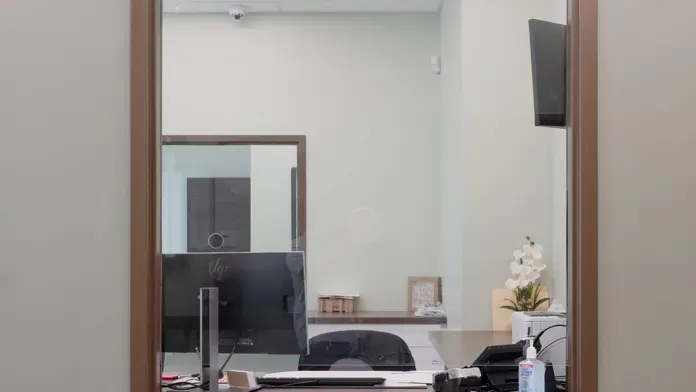
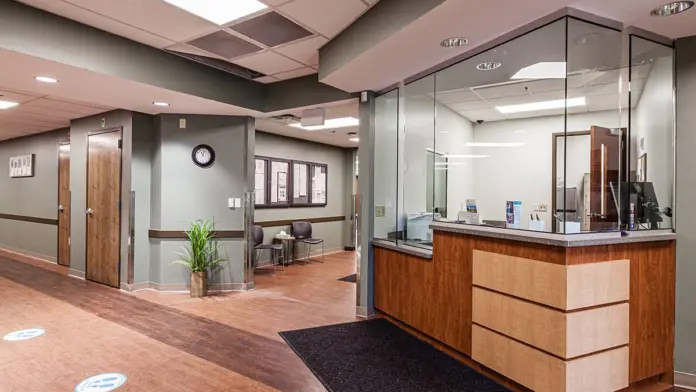
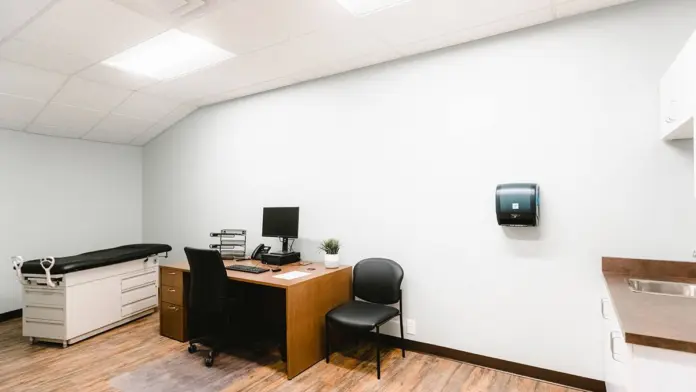
Location
Accepted Insurance
Other Forms of Payment
Private insurance refers to any kind of healthcare coverage that isn't from the state or federal government. This includes individual and family plans offered by an employer or purchased from the Insurance Marketplace. Every plan will have different requirements and out of pocket costs so be sure to get the full details before you start treatment.
Self-pay involves paying for treatment out of your own pocket. You can use savings or credit, get a personal loan, or receive help from family and friends to fund your treatment. If you don't have insurance or your insurance plan doesn't cover a specific program, self-pay can help ensure you still get the care you need.
Medicare is a federal program that provides health insurance for those 65 and older. It also serves people under 65 with chronic and disabling health challenges. To use Medicare for addiction treatment you need to find a program that accepts Medicare and is in network with your plan. Out of pocket costs and preauthorization requirements vary, so always check with your provider.
Medicaid is a state based program that helps lower-income individuals and families pay for healthcare. Medicaid covers addiction treatment so those enrolled can use their coverage to pay for rehab. When a program accepts Medicaid the client often pays very little or nothing out of their own pocket.
Addiction Treatments
Levels of Care
Treatments
Opioid rehabs specialize in supporting those recovering from opioid addiction. They treat those suffering from addiction to illegal opioids like heroin, as well as prescription drugs like oxycodone. These centers typically combine both physical as well as mental and emotional support to help stop addiction. Physical support often includes medical detox and subsequent medical support (including medication), and mental support includes in-depth therapy to address the underlying causes of addiction.
Substance rehabs focus on helping individuals recover from substance abuse, including alcohol and drug addiction (both illegal and prescription drugs). They often include the opportunity to engage in both individual as well as group therapy.
Programs


Clinical Services
Through cognitive behavioral therapy in West Virginia, therapists encourage clients to identify negative thoughts, gain control over them, and develop ways to change their behaviors. This can be an effective way to break the cycle of addiction and overcome substance use disorder.
Within a group therapy session, men and women in West Virginia can see successful recovery behaviors modeled by their peers. This provides inspiration and practical examples of coping skills that manage addiction in the community. Ultimately, this promotes sobriety and helps you attain sustainable recovery.
Individual therapy is a method of treatment that entails a patient meeting with a counselor in a one-on-one setting. This setup is extremely beneficial for individuals working through an addiction to drugs, such a prescription medications, morphine, or heroin.
Trauma therapy gives you a structured approach to healing from past traumatic events. You can experience the emotional and psychological impact of trauma whether you witness an event or experience it. Your therapist guides you in understanding your responses and helps you develop healthier coping skills.
Amenities
-
Private Setting
Accreditations

The Substance Abuse and Mental Health Services Administration (SAMHSA) is a branch of the U.S. Department of Health and Human Services. Established in 1992 by congress, SAMHSA's mission is to reduce the impact of substance abuse and mental illness on American's communities.
SAMHSA Listed: Yes

The Commission on Accreditation of Rehabilitation Facilities (CARF) is a non-profit organization that specifically accredits rehab organizations. Founded in 1966, CARF's, mission is to help service providers like rehab facilities maintain high standards of care.
CARF Accreditation: Yes
Accreditation Number: 41134

State Licenses are permits issued by government agencies that allow rehab organizations to conduct business legally within a certain geographical area. Typically, the kind of program a rehab facility offers, along with its physical location, determines which licenses are required to operate legally.
State License: West Virginia
License Number: BHC-BHS-394

The National Association of Addiction Treatment Providers (NAATP) is a professional association that represents organizations in the field of addiction services. Founded in 1978, NAATP's mission is to advance addiction services and ensure that high-quality addiction treatment is available and accessible.
NAATP Member: Yes
Member ID: 1660
Contact Information
135 Fourth Avenue
Huntington, WV 25701



